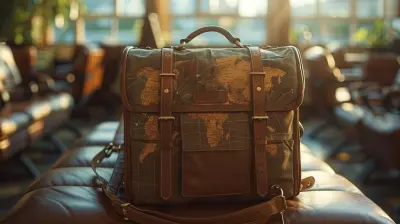How to Find Ethical Souvenirs on Your Eco-Friendly Travels
3 July 2025
Ah, souvenirs—the tiny trinkets that remind us of our grand adventures. But let's be real: most of them end up in a drawer, forgotten under a pile of mismatched socks. And worse? Many of these so-called "treasures" are mass-produced, environmentally disastrous, and sometimes even exploitative.
So, what’s an eco-conscious traveler to do? How do you find ethical souvenirs that won’t destroy the planet or support questionable businesses? Don't worry—I’ve got you covered. Grab your reusable tote bag and let’s dive into the surprisingly tricky world of ethical souvenirs. 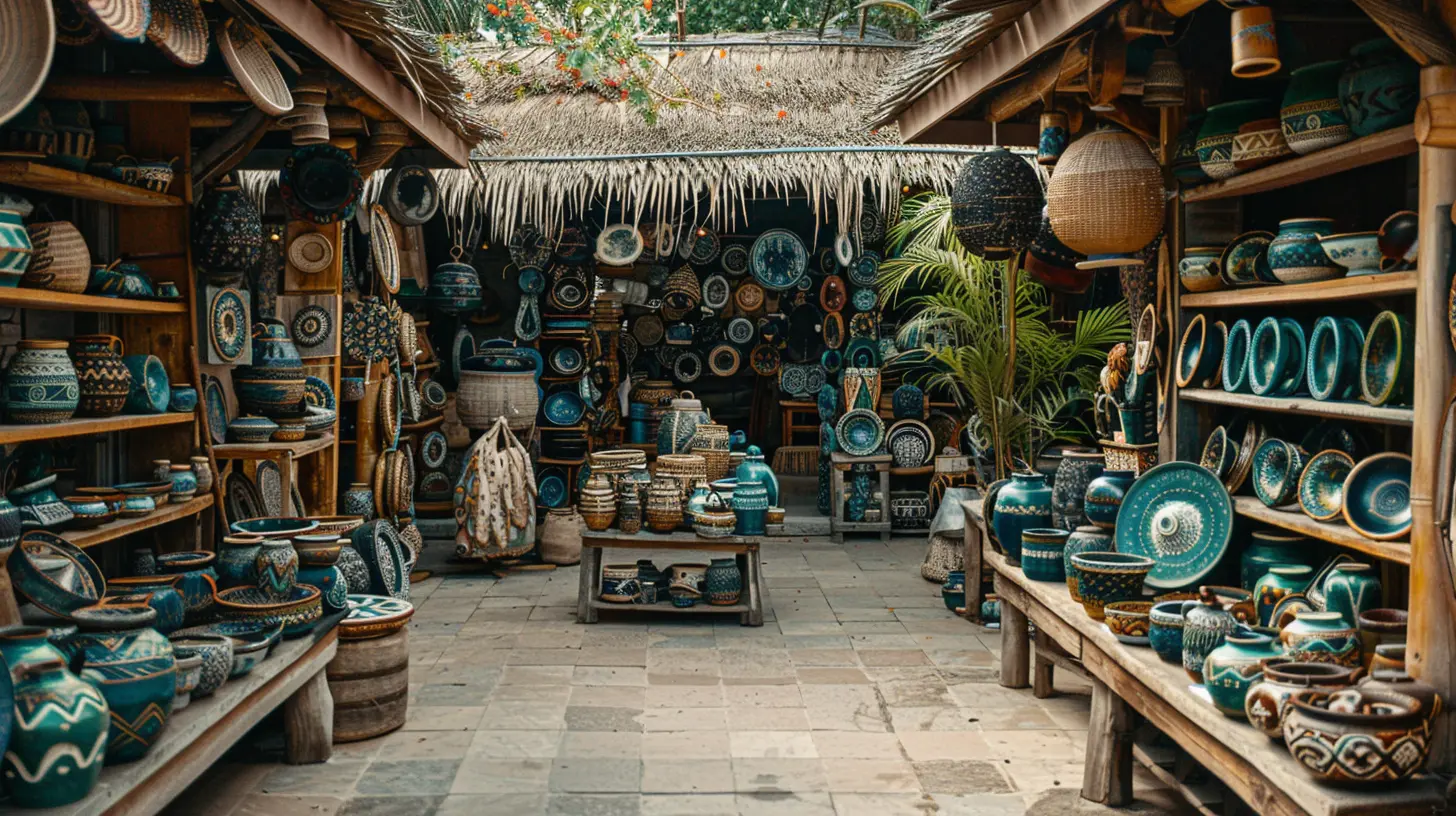
Why Your Souvenir Habit Might Be a Problem
I know, I know—no one wants to be the villain in their own travel story. But if you’re buying cheap plastic keychains with "Handmade in Bali" labels that suspiciously resemble the ones you saw in Spain, you might be part of the problem.The Hidden Cost of Cheap Souvenirs
Mass-produced souvenirs often come with a not-so-fun backstory:- Environmental Damage – Over-harvested materials, excessive plastic, and harmful dyes? Check.
- Unfair Labor Practices – Many trinkets are made in sweatshops where workers earn barely enough to afford the very souvenirs they produce.
- Cultural Appropriation – That cool "tribal" mask? It’s probably a knockoff of an actual cultural artifact with zero benefit to the people who created the original.
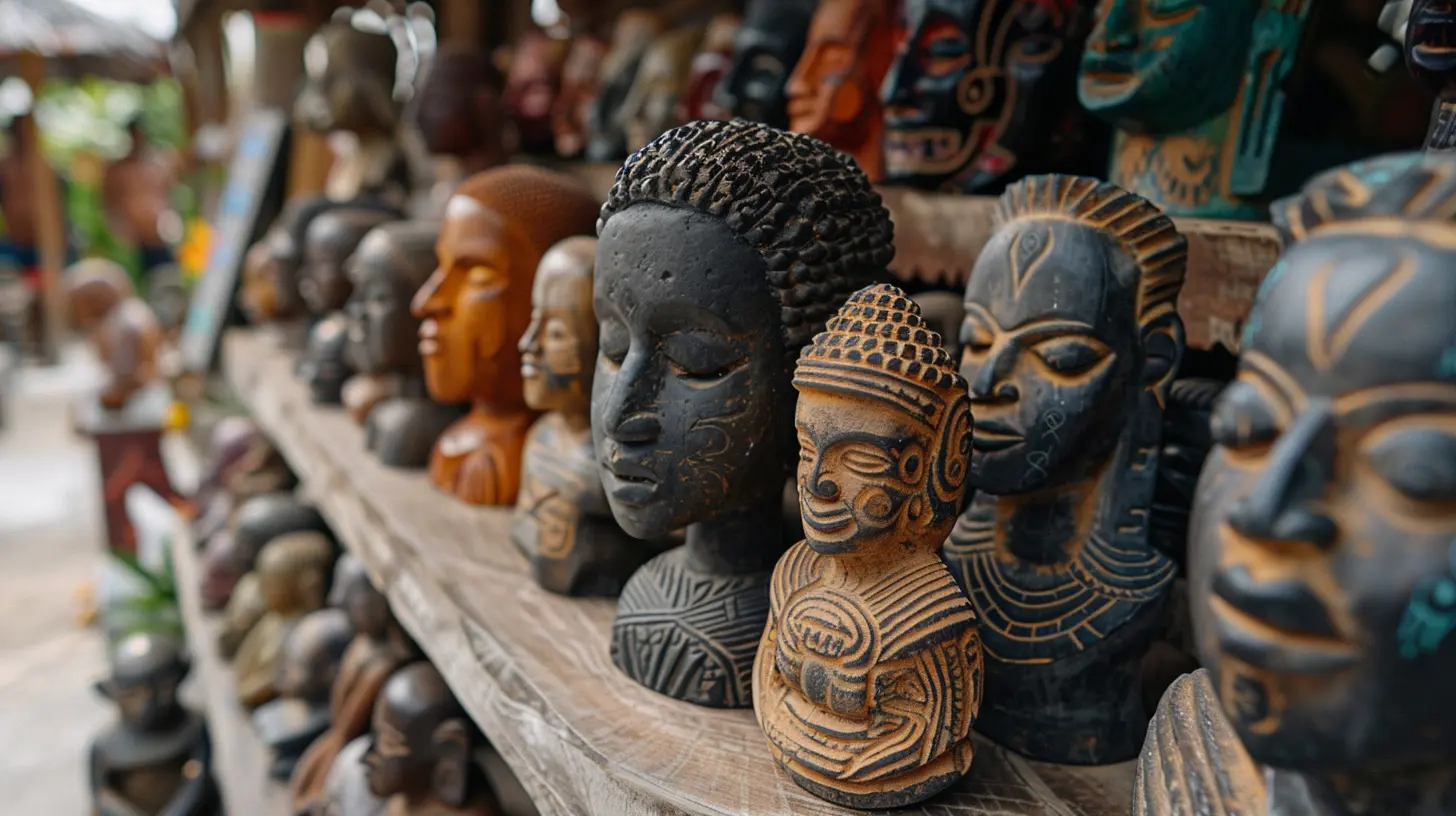
How to Spot Ethical Souvenirs (Like a Pro)
Wouldn’t it be great if ethical souvenirs came with a flashing neon sign that says, "I’m sustainable and fair trade!"? Since that’s not happening anytime soon, here’s how to find the real deal.1. Buy Directly from Local Artisans
Want to support the community? Skip the airport gift shop and hit up local markets where artisans sell their own work. If someone is sitting there carving a wooden statue right in front of you, chances are, it's legit. Bonus: You can chat with the maker about their craft and pretend you’re a cultural expert.2. Avoid "Too Good to Be True" Prices
Look, if that intricately handwoven textile costs less than your morning latte, something shady is going on. Skilled craftsmanship takes time, and fair wages matter. If a deal seems suspiciously cheap, assume someone isn’t getting paid properly.3. Prioritize Sustainable Materials
A good rule of thumb? If it once lived, breathed, or could single-handedly take down an ecosystem, maybe don't buy it. That means avoiding:- Coral jewelry (you know, because coral reefs are literally dying)
- Rare hardwood carvings (deforestation is a thing, people)
- Animal products like ivory, fur, or tortoiseshell (because poaching is not a great souvenir story)
Instead, go for recycled, upcycled, or sustainably sourced materials. Bamboo, reclaimed wood, and natural fibers? Chef's kiss!
4. Look for Fair Trade Certifications
Fair Trade isn’t just some trendy buzzword—it actually means the artisan got paid fairly and worked under ethical conditions. Seek out souvenirs with Fair Trade certifications or ask vendors about their sourcing. Awkward interrogation? Maybe. Worth it? Absolutely.5. Skip the Mass-Produced Junk
If you see the same souvenir in every shop from Bangkok to Barcelona, it's factory-made, not locally crafted. Plus, let’s face it—do you really need another "I ❤️ [Insert Destination Here]" T-shirt?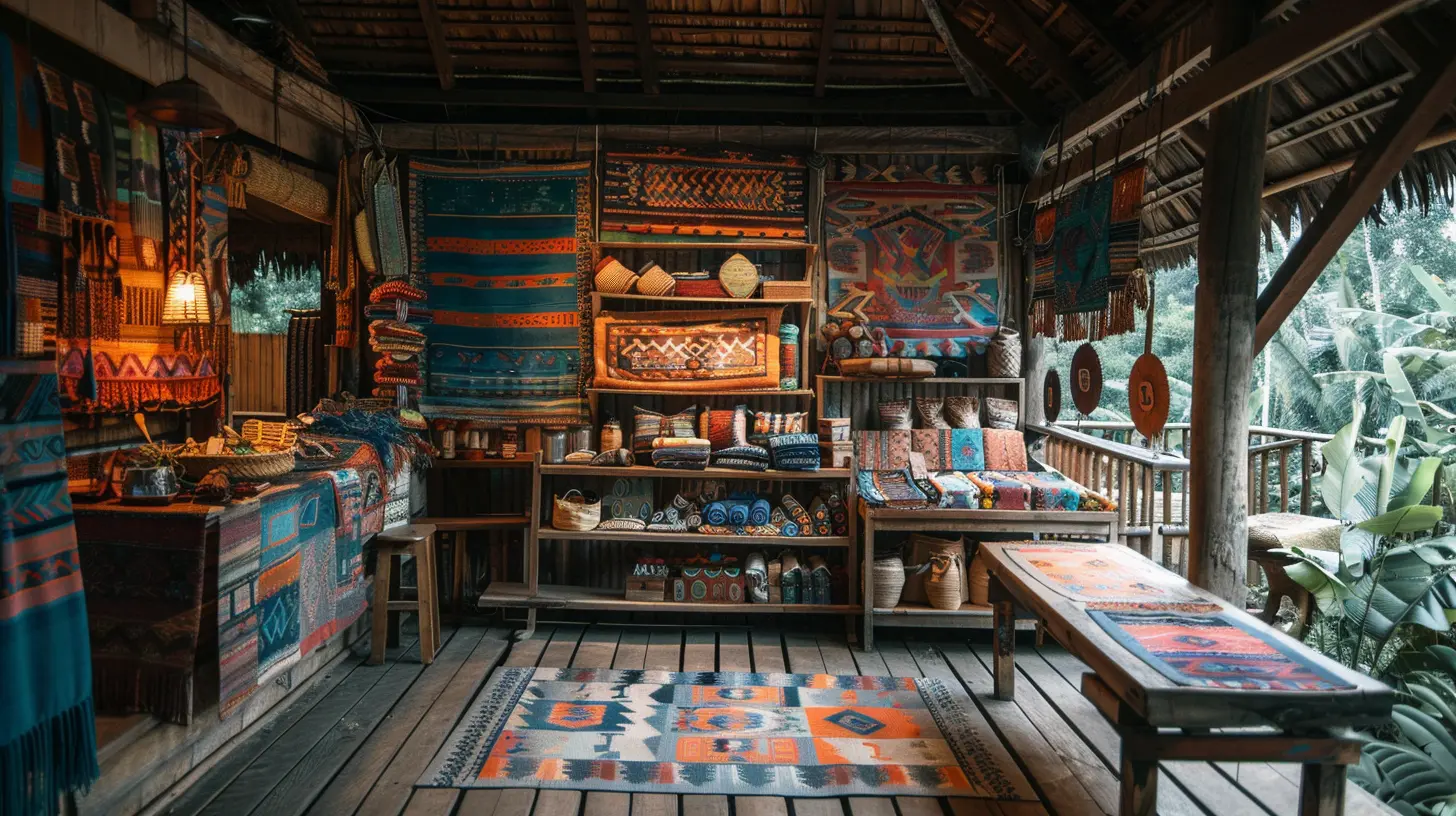
What Types of Ethical Souvenirs Should You Buy?
Ah, now we’re getting to the fun part—the actual shopping! Here are some guilt-free, ethical souvenir ideas that won’t contribute to global destruction.Handmade Textiles
Scarves, blankets, and woven bags made by local artisans? Yes, please! These often come with authentic patterns and traditional techniques passed down through generations.Pottery & Ceramics
Handcrafted mugs and bowls not only make great souvenirs but also give you a reason to dramatically tell guests, "Oh, I got this in a tiny mountain village in Peru" while sipping your ethically sourced tea.Jewelry with a Conscience
Look for jewelry made from sustainable materials like recycled metals, ethical gemstones, or locally sourced beads. Steer clear of anything that looks suspiciously like it came from an endangered species.Local Spices & Edible Goods
Who needs another snow globe when you can take home a jar of authentic Moroccan saffron or hand-harvested Himalayan salt? Edible souvenirs mean you get to relive your trip bite by bite—no regrets.Handcrafted Musical Instruments
Forget the airport ukulele. If you’re buying a musical instrument, make sure it’s made using sustainable wood and crafted by actual musicians, not a factory churning out cheap replicas.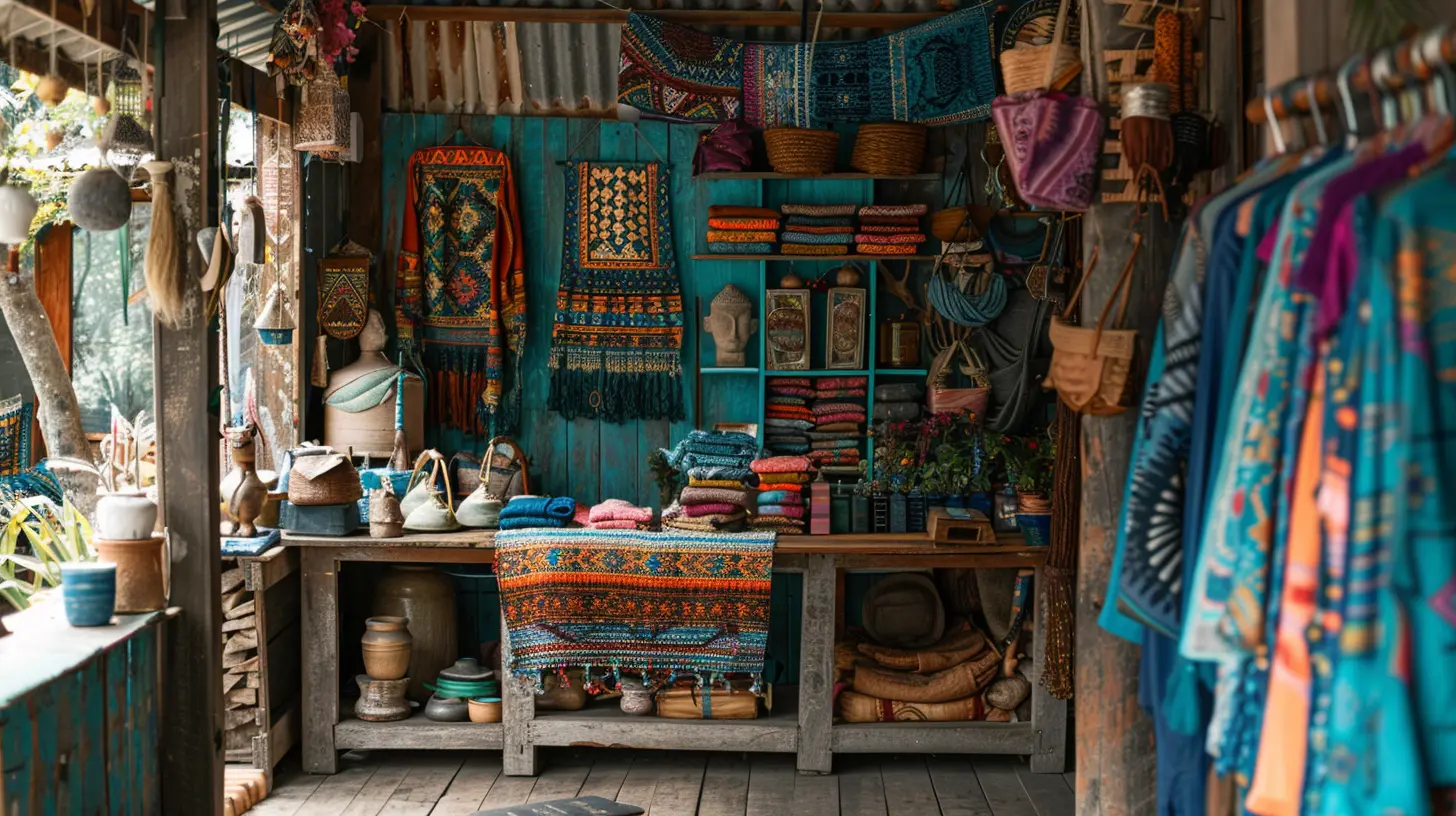
The "Do Not Buy" Ethical Souvenir List
Because you don’t want your vacation memories tied to environmental destruction or exploitative practices, here’s what to avoid like the plague:❌ Animal Parts – No ivory. No tortoiseshell. No exotic leather. If it came from an animal, leave it where it belongs.
❌ Fake Cultural Artifacts – Buying a mass-produced "ancient relic" doesn’t make you Indiana Jones; it makes you an unwitting participant in cultural erasure.
❌ Products from Endangered Resources – Anything made from rare wood, coral, or other over-harvested materials is a no-go.
❌ Suspiciously Cheap Souvenirs – If something costs less than a bottle of water, there’s a reason for that (and it’s probably not a good one).
Making Ethical Shopping a Habit
You don’t have to be a full-blown eco-warrior to make better choices—just a little effort goes a long way. A simple mindset shift can turn you into the kind of traveler who leaves a positive impact rather than just a trail of unused souvenirs.Next time you're out souvenir hunting, ask yourself:
- Who made this?
- How was it made?
- Is my purchase actually helping the local economy?
If you’re satisfied with the answers, congratulations—you’ve cracked the ethical souvenir code. Now you can shop and sleep at night, knowing your travel mementos aren’t funding deforestation or unfair labor.
Final Thoughts: Souvenir Smarter, Not Harder
Finding ethical souvenirs isn’t about being perfect—it’s about making better choices. And let's be honest, do you really need another fridge magnet? Instead, opt for meaningful, sustainable souvenirs that support local communities, promote fair trade, and won’t end up in the trash.Happy (eco-friendly) shopping!
all images in this post were generated using AI tools
Category:
Sustainable TourismAuthor:

Tracie McAdams
Discussion
rate this article
2 comments
Zephira McVeigh
Great article! Finding ethical souvenirs enhances the travel experience while supporting local communities. I especially appreciated the tips on researching artisans and choosing sustainable materials. It's crucial to leave a positive impact on the places we visit. I look forward to applying these suggestions on my next adventure!
September 30, 2025 at 3:15 PM

Tracie McAdams
Thank you for your kind words! I'm glad you found the tips helpful and that you're committed to making a positive impact while traveling. Enjoy your next adventure!
Briar Newton
What a fantastic guide! 🌍✨ Finding ethical souvenirs is such a meaningful way to support local communities and protect our planet while traveling. Every mindful purchase adds to unforgettable memories and positive impact. Can't wait to explore and discover the best eco-friendly treasures!
July 7, 2025 at 4:14 PM

Tracie McAdams
Thank you so much! I'm glad you found the guide helpful. Enjoy your adventures in discovering ethical treasures! 🌿✨

